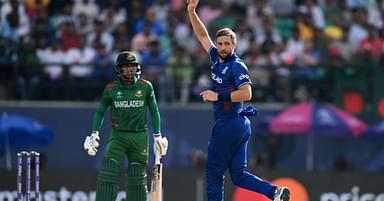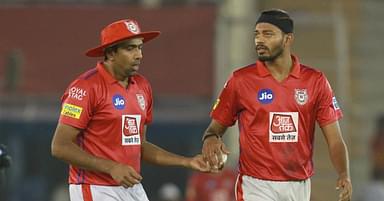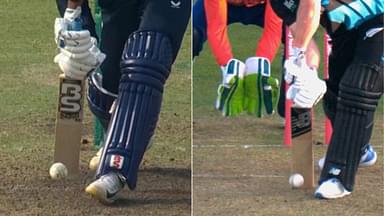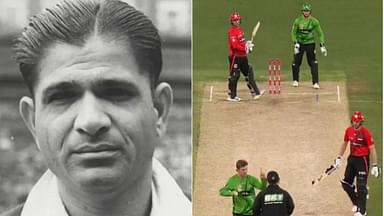Jos Buttler exclaims Mankading as a distraction from the game which is actually a contest between bat and the ball.
Advertisement
Joining the likes of Michael Vaughan, Sam Billings, Moeen Ali, and a host of other former or present England players to voice their opinions against ‘Mankading’ or the run out at the non-striker’s end, in some form or the other, is present limited Overs skipper Jos Buttler, as debates around the issue continue unabated.
Buttler has perhaps come up with the harshest of criticisms around this form of run out, by even stating that he would recall the batter back if any of his bowlers did dismiss a batter in this manner, even if it was a World Cup final against Australia.
“No, I am calling the batsman back,” remarked Buttler during an interaction with talkSPORT.
“No one wants to see them in the game because they always create such a talking point when it should be about the battle between bat and ball and watching great games of cricket. They always seem to happen at unsavoury times.”
Sorry- there is nothing in the laws that says a warning should ever be given for unfair play. Play by the laws and the game will take care of itself. https://t.co/4Mq1CTq7L3
— Jason Gillespie 🌱 (@dizzy259) September 26, 2022
Jos Buttler exclaims Mankading law has a lot of grey areas
The 32-year-old further commented on the verbatim framing of the ‘Mankading’ law as defined by the MCC – the custodians of the laws of cricket, which he reckons has a lot of grey areas.
Buttler referred to the Law 41.16.1, which states, “If the non-striker is out of his/her ground at any time from the moment the ball comes into play until the instant when the bowler would normally have been expected to release the ball, the non-striker is liable to be Run out.”
The England White Ball captain has his issues with the ‘expected to release the ball’ part of the law, which he considers is not clearly defined and needs to be re-worded.
“I think they should re-word it because the way the law is written gives a lot of grey areas – with the “expected to bowl” part so maybe if they just tightened that up,” Buttler remarked.
Despite Buttler having issues with the so-called unambiguous wording of the law, the MCC has perhaps, made it explicitly clear as to when the run out at the non-striker’s end is liable to come into play.
The phrase “when the bowler would normally have been expected to release the ball”, clearly refers to the point when the ball is about to be released off the bowler’s hand, which is nothing but the highest point of the bowler’s arm.







